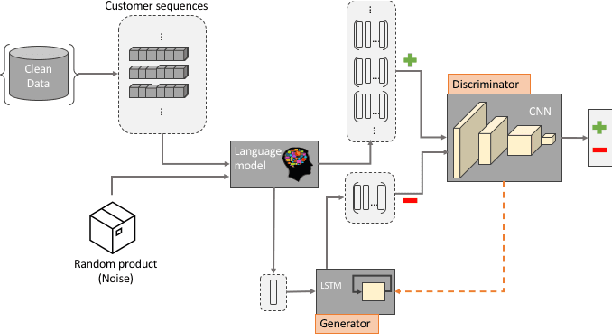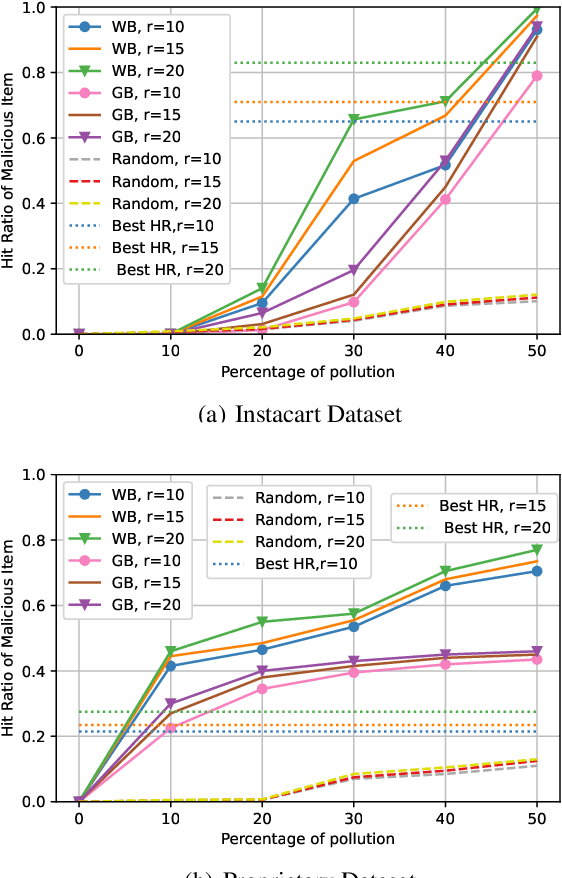Venugopal Mani
Variational Inference for Category Recommendation in E-Commerce platforms
Apr 19, 2021



Abstract:Category recommendation for users on an e-Commerce platform is an important task as it dictates the flow of traffic through the website. It is therefore important to surface precise and diverse category recommendations to aid the users' journey through the platform and to help them discover new groups of items. An often understated part in category recommendation is users' proclivity to repeat purchases. The structure of this temporal behavior can be harvested for better category recommendations and in this work, we attempt to harness this through variational inference. Further, to enhance the variational inference based optimization, we initialize the optimizer at better starting points through the well known Metapath2Vec algorithm. We demonstrate our results on two real-world datasets and show that our model outperforms standard baseline methods.
On Detecting Data Pollution Attacks On Recommender Systems Using Sequential GANs
Dec 04, 2020



Abstract:Recommender systems are an essential part of any e-commerce platform. Recommendations are typically generated by aggregating large amounts of user data. A malicious actor may be motivated to sway the output of such recommender systems by injecting malicious datapoints to leverage the system for financial gain. In this work, we propose a semi-supervised attack detection algorithm to identify the malicious datapoints. We do this by leveraging a portion of the dataset that has a lower chance of being polluted to learn the distribution of genuine datapoints. Our proposed approach modifies the Generative Adversarial Network architecture to take into account the contextual information from user activity. This allows the model to distinguish legitimate datapoints from the injected ones.
On Variational Inference for User Modeling in Attribute-Driven Collaborative Filtering
Dec 02, 2020


Abstract:Recommender Systems have become an integral part of online e-Commerce platforms, driving customer engagement and revenue. Most popular recommender systems attempt to learn from users' past engagement data to understand behavioral traits of users and use that to predict future behavior. In this work, we present an approach to use causal inference to learn user-attribute affinities through temporal contexts. We formulate this objective as a Probabilistic Machine Learning problem and apply a variational inference based method to estimate the model parameters. We demonstrate the performance of the proposed method on the next attribute prediction task on two real world datasets and show that it outperforms standard baseline methods.
 Add to Chrome
Add to Chrome Add to Firefox
Add to Firefox Add to Edge
Add to Edge